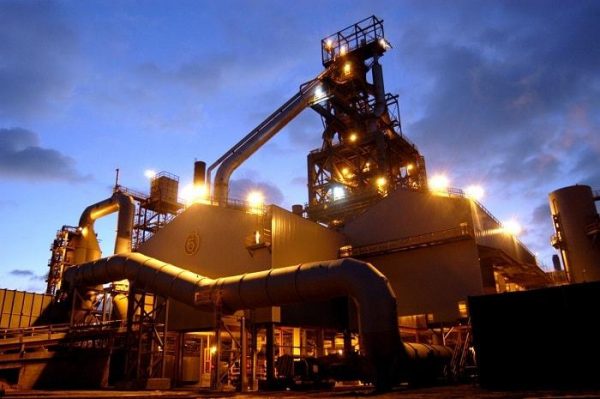Two Chinese firms eye Zisco

Two Chinese steel giants including state-owned Tisco have carried out preliminary due diligence on the Zimbabwe Iron and Steel Company (zisco), as the Government steps up efforts to revive once Africa’s largest integrated steelworks.
Four potential investors have also submitted expression of interests and are being examined by the board, two people familiar with the development said.
zisco stopped operations in 2008 due to lack of capital to recapitalise and poor management. With its furnaces having capacity to produce up to one million tonnes annually, the company was among Zimbabwe’s major foreign currency earners.
“zisco, which is owned by the Chinese government and Fan Fei, a private owned company have already done preliminary due diligence,” said one source who declined to be named because the matter is still private.
“We also have four other potential investors from Germany and Australia who have formally made their expression of interests and the board is carrying out due diligence on them.”
No official comment could be immediately obtained from Zisco by the time of going to print.
Another source said zisco would engage transaction advisors made up of specialists in project and corporate finance, financial modelling and deal structuring.
The financial advisors will be responsible for overall project management, including evaluation of the transaction, development of the business case, devising the market engagement strategy, including management of input from zisco’s other advisers.
Meanwhile, zisco is working on creating condition necessary to attract investment and these include production of audited accounts up to 2020, a market study, valuation of the business and bankable business feasibility studies for its subsidiaries, BIMCO and Lancashire Steel.
These are at different stages of completion and the Ministry of Industry and Commerce would review the reports at the end of this quarter.
zisco started operations in Bulawayo in 1938 having been formed by a private consortium.
In 1942, the Government formed the Rhodesia Iron and Steel Commission, a statutory body which took over the steel works.
In 1946, a small plant was constructed at Redcliff and commenced production in 1948.
Between 1948 and 1956, zisco gradually expanded and a year later, the Rhodesia Iron and Steel Company was formed followed by an expansion programme, which saw the commissioning of modern blast furnaces and installation of the first coke oven battery.
The expansion of the plant continued until 1975 when blast furnace 4 was commissioned, bringing steel works capacity to one million tonnes of liquid steel per year.
By early 1990’s operations at zisco started deteriorating while mining costs at Buchwa Mine sharply rose, forcing the company to develop Ripple Creek Mine for the supply of iron ore to the blast furnaces.
Blast Furnace 4 was reaching the end of its lifespan and was taken off in 1994. A Chinese company was contracted to reconstruct and reline the furnace, which was recommissioned in 1999.
zisco is 91 percent owned by the Government.
The remaining 9 percent is held by Louth Minerals SA (3 percent), Tonexin Investments (2,8 percent), Stewarts and Lloyds (Overseas) (1,76 percent), Franconian Investments (0,81 percent), Amzim Limited (0,75 percent) and Zambia Copper Investment Limited (0,13 percent).
The Government in 2013 entered into an agreement with ESSAR of India to sell 60 percent shareholding but the deal collapsed in 2015.
The Government then signed another agreement with R & F Properties of China to sell its entire shareholding but again the deal collapsed in December 2019.
At the time zisco was in talks with R & F, the Government, under unclear circumstances, agreed to sell some of Zisco key assets to ZimCoke, a company fronted by Eddie Cross.
The deal collapsed last year after the board produced an adverse report on various aspects of the agreement.
Business Weekly


